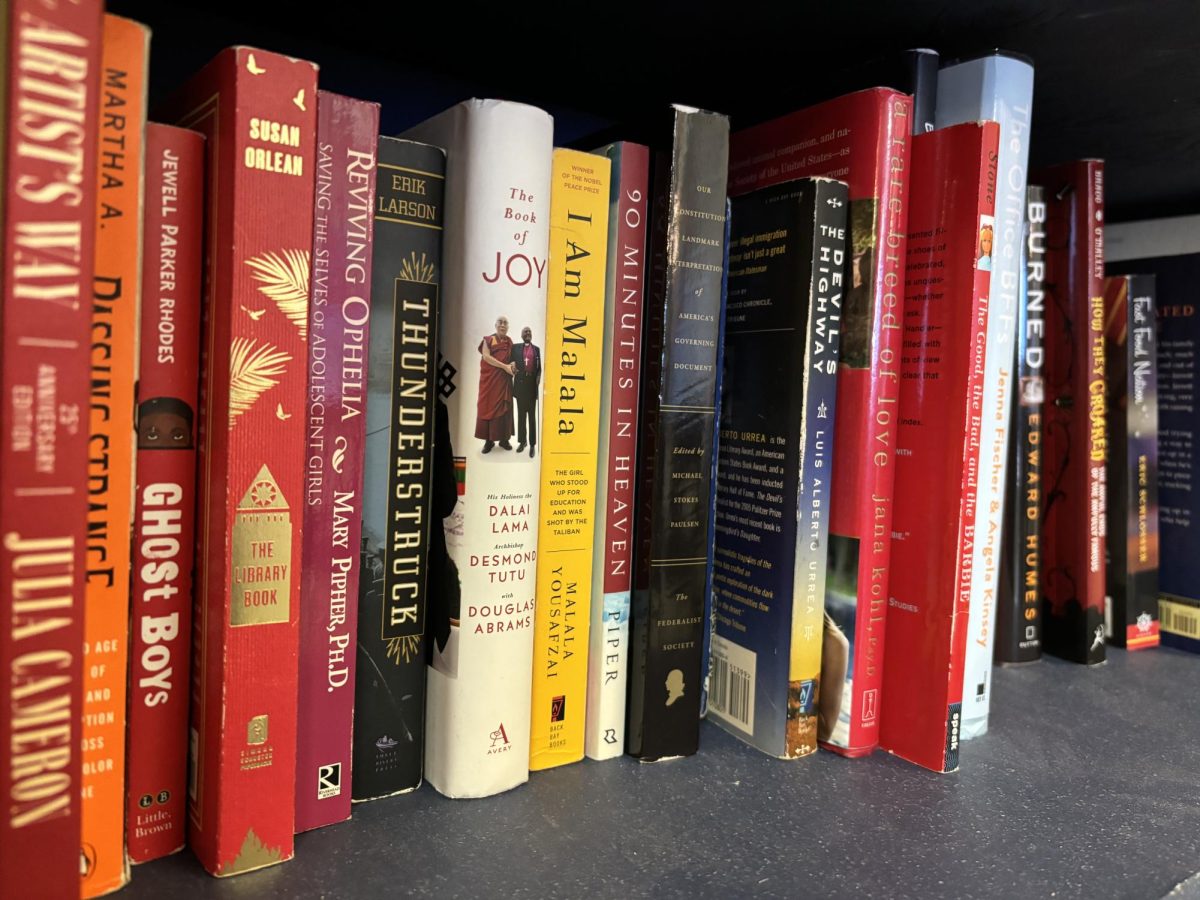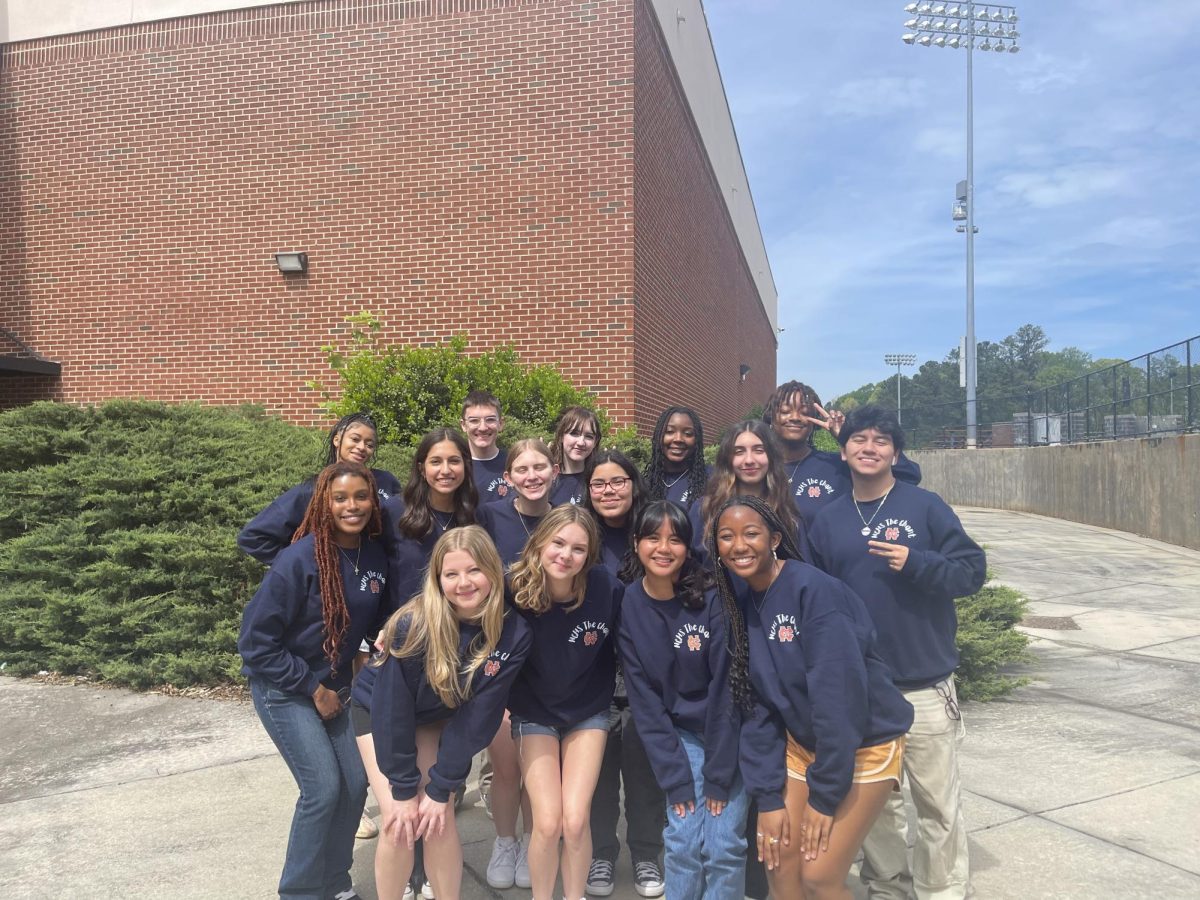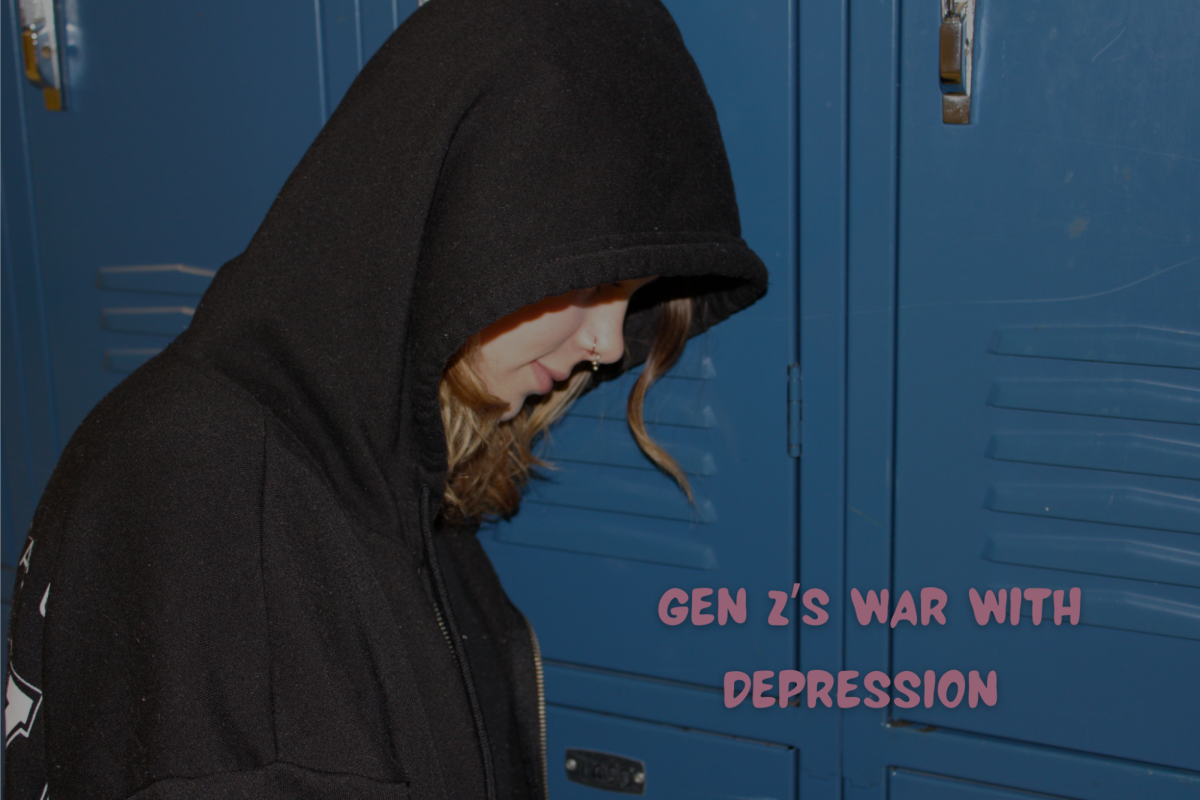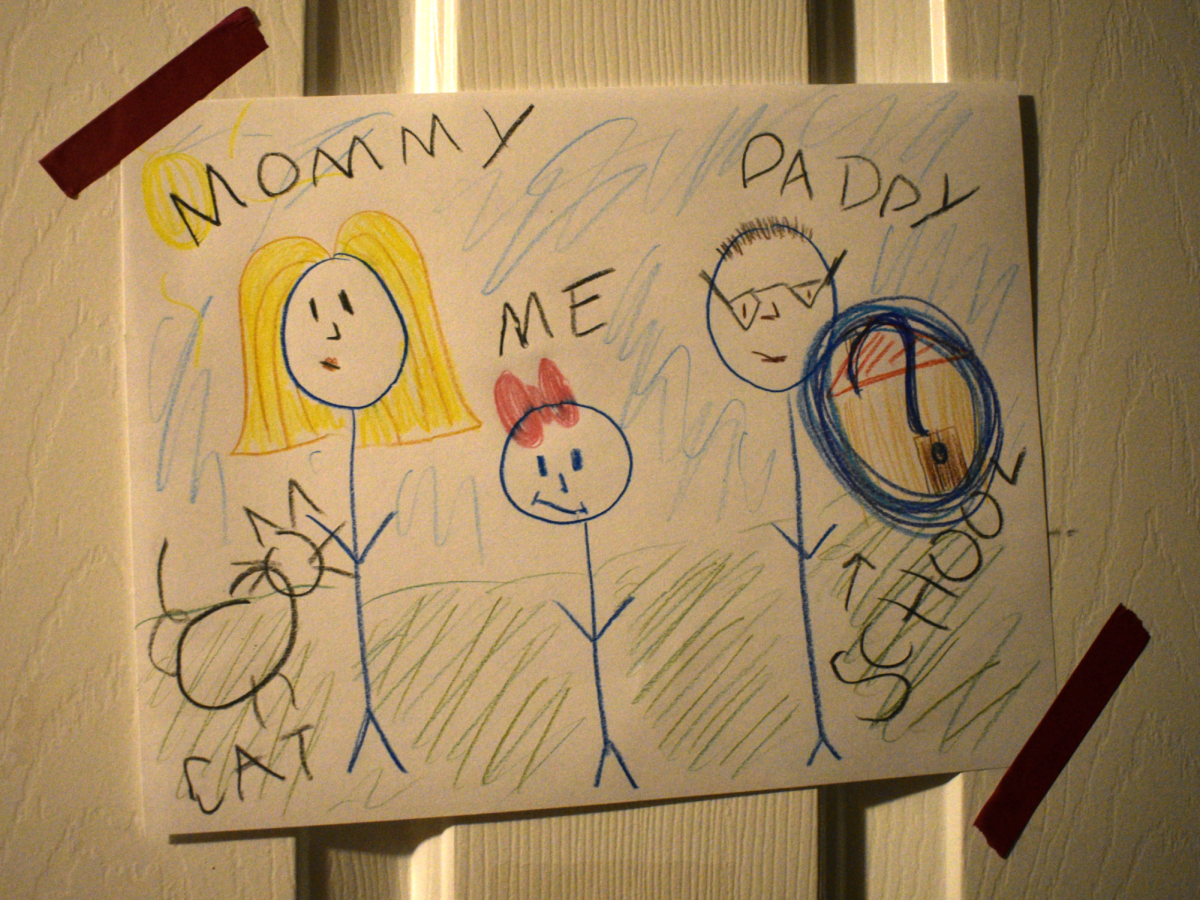Until recently, record labels completely controlled the American music industry. With an increasing amount of independent artists entering the spotlight, the grueling history of record labels has come to the forefront. A strange and elusive history hides behind America’s favorite artists and their record deals.
In 1983, six major labels controlled 90% of the music industry. While lower-tier labels became known as hidden sites for organized crime, an unbelievable breakthrough arose from the smallest of the top six: MCA records. Sparked by an income tax investigation, officials uncovered MCA’s deep ties with President Ronald Reagan and the United States Department of Justice, and investigators believe that MCA avoided corruption and crime until that same year.
MCA hired Irving Azzoff as the company’s president, who became notorious as an abrasive giant in the entertainment industry. Azoff, over the next six years, would hire infamous mobsters to help restructure the corporation. The infiltration by the mafia became apparent in 1984 during a meeting between several record label executives. These CEOs and representatives arrived in Hollywood, Florida to socialize, carry out business deals and promote their work. MCA did not send Azzoff or another usual businessman. Instead, in attendance to make a one-million-dollar deal, sat Salvatore James Pisello.
Pisello had become highly recognized in organized crime, with an extensive history in the Carl Gambino crime family, where he became a high-ranking soldier. With no experience in the music industry, Pisello’s appearance confirmed the fears of every person in the room: the mafia successfully infiltrated MCA. Pisello eventually took the fall for MCA after testimonies confirmed that he had acted as a middleman for the company receiving commissions to sell “cutouts,” a term used for MCA’s discontinued records. These cutouts also happened to produce the one-million-dollar proposal in Florida.
Introducing mafia bosses into the recording studio kickstarted a nationwide investigation into the Reagan administration and the United States government, but the findings could not stop the changes mobsters brought with them. It became a money battle between artists and producers, and eventually, artists began signing contracts that handed over their monetary and personal rights.
Hank Harrison, the father-in-law of Nirvana lead vocalist Kurt Cobain, highlighted an element of Cobain’s contract after his death. Cobain passed at the age of 27, joining what soon became known as the 27 Club. This group consists of artists who mysteriously and coincidentally lost their lives all at the age of 27. It holds iconic names such as Jimi Hendrix, Janis Joplin and Jim Morrison. Cobain’s apparent suicide still sparks suspicion today, especially after Harrison exposed the financial compensation for his death. Harrison wrote a book titled “Love Kills: The Assassination of Kurt Cobain,” in which he suggested Cobain’s label, DGC Records, had murdered the young artist to profit on his works. Cobain’s contract held a clause that stated that DGC would keep royalties if Cobain, under any circumstances, could not perform. Since his death, DGC has continued to profit from his name and will continue to do so for another 55 years.
“I first saw this clause in a contract from Warner Brothers when I was connected to the Grateful Dead. I saw it again when I got a smell of Janis Joplin being usurped away from Big Brother and the Holding Company and it had a distinct stench to it. In addition to the legal headaches that arise for anyone negotiating something like this, the ‘death clause’ can literally be lethal. This clause is a way of assuring the recording company will collect all of their money if you die, no matter how you die,” Harrison said.
While Cobain’s death somewhat halted the mysterious 27 Club, early deaths in the music industry still continue. Young rappers such as Juice WRLD, XXXTentacion and Mac Miller have faced similar fates to those of the 27 Club, except these artists passed before they reached their 27th birthday. In fact, Lil Peep, who fans compared to Cobain throughout his career, reportedly committed suicide similarly to Cobain.
“Without the mafia, the labels might have never gotten the same amount of funding because mob bosses have a lot of money coming out of nowhere… I feel like sometimes the record labels are involved with these deaths, especially for rappers. After we all see an artist has died, and an album releases right after, it just comes across as suspicious and disrespectful,” senior Jaidin Bryson said.
The late Juice WRLD left behind a reported 3,000 unreleased projects after his death. While his mother receives a hefty portion of royalties, his record label has still capitalized on two posthumous albums, which pushed him to the 4th highest number of streams in rap history.
While the mafia never fully took control of the music industry and today only holds a minor grip on smaller labels, the changes brought forth by mobsters linger around today’s industry. When an artist dies, his or her record label earns the right to publish unreleased projects without the artist’s approval. Regardless of how these artists have passed, it becomes apparent with every posthumous release that the industry giants will remain afloat, and the mob ties have created a firm knot in recording studios’ mysterious practices.





















